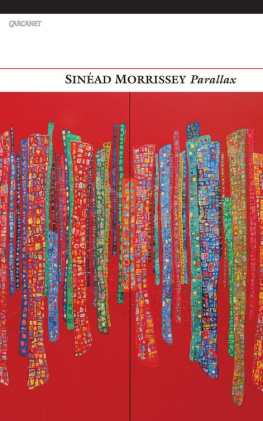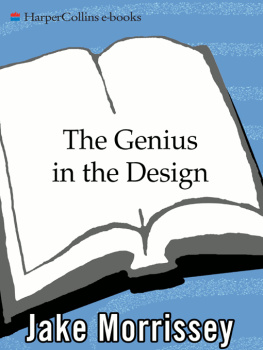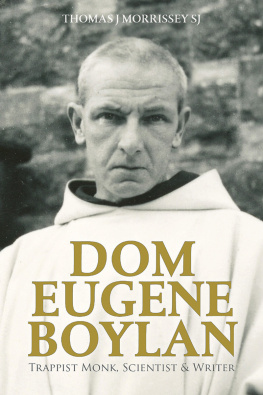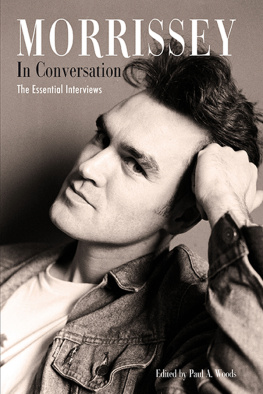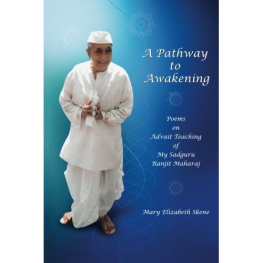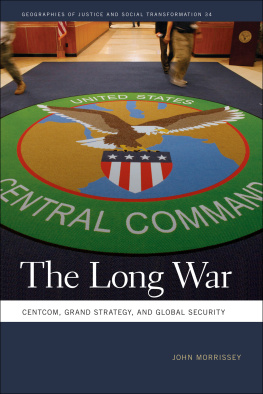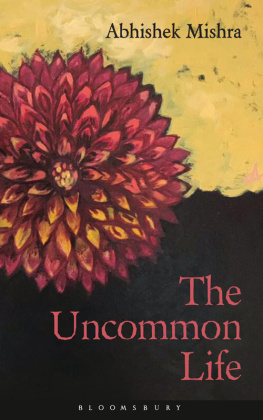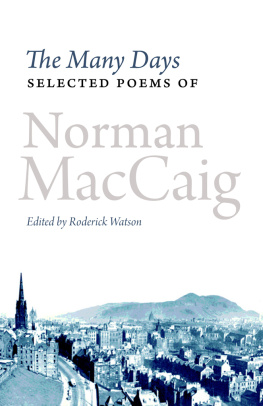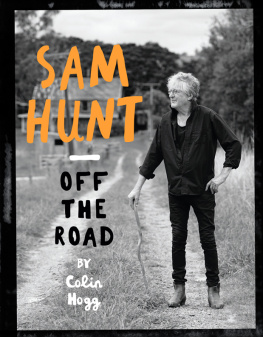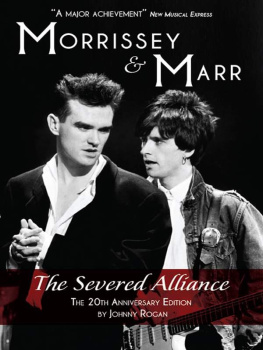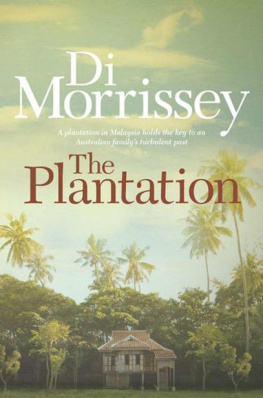Thanks are due to the editors of the following publications in which some of these poems, or versions of them, have previously appeared:
The Antioch Review, Archipelago, The Atlanta Review, The Cincinnati Review, The Edinburgh Review, English Studies: A Journal of English Literature and Language, The Irish Pages, Jubilee Lines (Faber and Faber, 2012),
The Moth, New Walk, PN Review, Poetry Daily, Poetry Ireland Review, Poetry London, Poetry Review, The SHOp, Southword, The Stinging Fly, Tongue: A Journal of Literature of Art and
The Yellow Nib. 1801, Puzzle, Ladies in Spring by Eudora Welty, Lighthouse, A Matter of Life and Death, Photographs of Belfast by Alexander Robert Hogg, Fools Gold, Last Winter and Blog were recorded for the Poetry Archive. Thanks are due to the Arts Council of Northern Ireland and the National Lottery for a Major Artist Individual Award in 2012.
Contents
PARALLAX: (
Astron.) Apparent displacement, or difference in the apparent position, of an object, caused by actual change (or difference) of position of the point of observation;
spec. the angular amount of such displacement or difference of position, being the angle contained between the two straight lines drawn to the object from the two different points of view, and constituting a measure of the distance of the object.
Oxford English DictionaryA beautiful cloudless morning.
My toothache better. William at work on The Pedlar. Miss Gell left a basket of excellent lettuces; I shelled our scarlet beans. Walked out after dinner for letters met a man who had once been a Captain begging for alms. * The afternoon airy & warm. No letters.
Came home via the lake, which was near-turquoise & startled by summer geese. The soles on this years boots are getting worn. Heard a tiny wounded yellow bird, sounding its alarm. * William as pale as a basin, exhausted with altering I boiled up pears with cloves. Such visited evenings are sharp with love I almost said dear, look.
In other noises, I hear my children crying in older children playing on the street past bedtime, their voices buoyant in the staggered light; or in the baby next door, wakeful and petulant through too-thin walls; or in the constant freakish pitch of Westside Baltimore on
The Wire, its sirens and rapid gunfire, its beleaguered cops haranguing kids as young as six for propping up the dealers on the corners, their swagger and spitfire speech; or in the white space between radio stations when no voice comes at all and the crackling static might be swallowing whole a childs small call for help; even in silence itself, its material loops and folds enveloping a ghost cry, one Ive made up, but heard, that has me climbing the stairs, pausing in the hall, listening, listening hard, toat mostrhythmical breathing but more often than not to nothing, the air of the landing thick with something missed, dust motes, the overhang of blankets, a ship on the Lough through the window, infant sleep.
My shadow this morning on the station platform looks impossibly stretched and beaten thin: a stiltwalkers shadow, all legs and no torso; a dun metal casing left after a hammering.
My shadow this morning on the station platform looks impossibly stretched and beaten thin: a stiltwalkers shadow, all legs and no torso; a dun metal casing left after a hammering.
Late February sunlight, winters filigree still inside it. Beside me the bins are casting vast apparitions of themselves over the yellow line while my head has lain itself down across the tracks, the way it wanted to all those years ago, in Amsterdam, near the Leidesplein, before the see-through boy with his quiver of arrows could claim me as his own. It jolts bolt upright as the Carrickfergus train vanishes in the opposite direction. I could be a dissident in a textbook in Soviet Russia discovered after the print run and painstakingly blackened out by each teacher, or a stage set after the lights have blown on a tinkly Victorian performance in reds and golds. I could be blood in a black-and-white video. The platform is shining with salt.
My shadow displaced at the waist is taking a bow. Lady other, Lady mine, if I stood here all morning Id watch you retracting back like drowning soap. Shadows of candles on church walls at Evensong manifest not as flame, but smoke.
The wind and its instruments were my secret teachers. In Podolskaya Street I played piano for my mother note for note without a music sheetwhile the wind in the draughty flat kept up: tapping its fattened hand against the glass, moaning through the stove, banging a door repeatedly out on the landing the ghost in the machine of Beethovens
Two PreludesThrough All the Major Keys, that said they lied. Later I stood in a wheat field and heard the wind make music from everything it touched.
The top notes were the husks: fractious but nervous, giddy, little-voiced, while underneath a strong strange melody pulsed as though the grain was rigging, or a forest. In all my praise and plainsong I wrote down the sound of a mans boots from behind the mountain.
The year the Great Ship Herself is fitted out at the mouth of the Lagan, her panelling drilled through and threaded with miles of electric cables and her gymnasium horses finally bolted down fifty cubic tonnes of soot falls over the city in drifts, in rain, in air breathed out then in again, re-textured as dust. He notices the stark potential of tarnished water for the glass-plate photograph: how there are slate tones and oiliness together and how, in standing pools and running drains, it coats the childrens feet with ubiquitous, gritty ink. Alleyways and back yards snag on his mind: he can barely pass an entry without assessing the effect the diagonal of a porterhouse roof beside a streetlight might produce, whereas to photograph a yard on Little York Street its ruin of toppled bricks and broken guttering, the windows of its houses, open holes is to cast the viewer out onto the no-mans-land of her own estate and to prove the eye is banked as much by what unravels as by flint. There is the tidy shop he makes his tidy living in selling a wallet of possible poses for posterity: the Father with his watch-chain, the Sailor on his stool.
But for this commission from the Corporation hes sending home dispatches from Sebastopol Street in which a man by the railings ghosts himself by turning his head too soon. One cannot tell if the room in the photograph entitled Number 36 is inhabited light from the missing upper storey is shafted by jutting planks, the fire-black walls are crystalline and yet outside similar terraces with crumbling masonry and dark for doors, in bedraggled unspeakable arcs hes conjured with his shillings, each child strong enough to manage it carries a child.
The night your sister was born in the living-room you lay on your bed, upstairs, unwaking,
Cryptosporidium frothing and flourishing through the ransacked terraces of your small intestine so that, come morning, you, your bedding, me, the midwife even, had to be stripped and washed. Your father lifted you up like a torch and carried you off to the hospital. You came back days later, pale and feverish, and visited us in the bedroom in your fathers arms. You turned your head to take her in: this black-haired, tiny, yellow person whod happened while you slept.
And you were the white dot of the television, vanishing vanishingjust before the screen goes dark.
December. The year at the back of it blown and shrunk to dark in the morning, dark in the afternoon and the light in between like the pale blue flicker of a pilot light in a boilers black intestine. There was the usual breakfast coffee, soda bread, jam neither one of them speaking. Her slept-on hair. The papers still to go out for and a walk to the top of the road and back, past crows nests fisted in trees, to look at the Lough.

